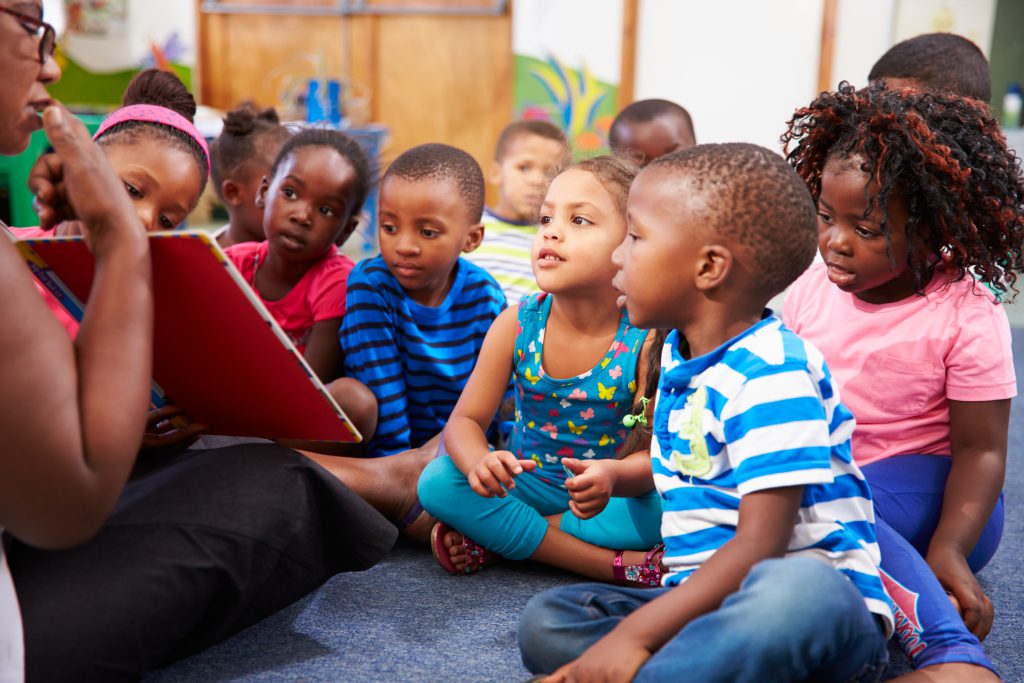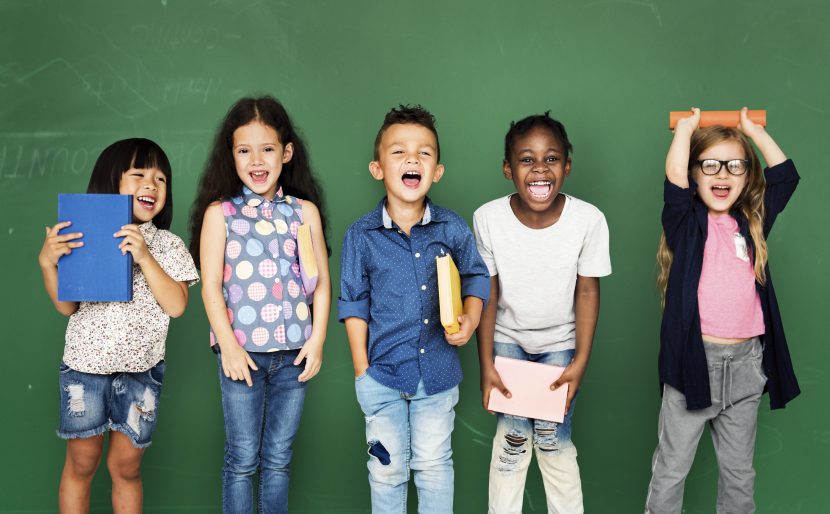International Literacy Day, celebrated on the 8th September by the United Nations, is aimed at highlighting issues around literacy as well as opportunities for civil societies and governments around the world to address literacy challenges. ‘Literacy and Multilingualism’ is the theme to be explored for this year’s 2019 celebration (United Nations, 2019).
“Despite progress made, literacy challenges persist, distributed unevenly across countries and populations. Embracing linguistic diversity in education and literacy development is central to addressing these literacy challenges and to achieving the Sustainable Development Goals” (UNESCO, 2019).
Literacy and Multilingualism
“Literacy is a human right, and in offering a greater breadth of understanding and skills it is also the freedom to taking the next step into a life of greater opportunity and prosperity” (UNA-UK, 2019). The theme, ‘Literacy and Multilingualism’ was chosen to express solidarity with 2019 as the ‘International Year of Indigenous Languages’ as well as the 25th anniversary of the World Conference on Special Needs. The theme is intended to highlight characteristics of multilingualism in an increasingly diverse, digitalised and globalised world. Celebrating such skills hopes to focus on implications of literacy rates for related governmental policies, focusing on how political and institutional change can be most effectively made. Multilingual contexts will be spotlighted this year as spaces for greater attention regarding literacy and educational improvements.
Children and adults throughout the world are impacted by literacy restrictions which do not come alone, but interact with complex social and linguistic phenomenons such as multilingualism, cultural practices, gender roles and social and educational institutions. All of these factors must sensitively be taken into account as we work in solidarity to improve literacy rates going forward.
Sustainable Development as Contingent upon Literacy
The Sustainable Development Goals are a series of objectives set out by the United Nations in 2015 for achievement by 2030, and are an integral part of global sustainable progress. Goal number 4, ’Quality Education’, aims to increase access to free, equitable and quality education and learning opportunities. This goal includes addressing the barriers to literacy that exist for children and adults worldwide, and which impact upon employment and livelihood opportunities.
Fittingly then, this International Day of Literacy aims to act as a powerful advocacy tool in order to both raise public awareness and incite political mobility around questions of literacy and access to education. This celebration of literacy thus functions by addressing a global problem, as well as working towards the achievement of long-term development goals and policies.
Literacy Statistics Summarised (United Nations, 2019).
- 617 million children & adolescents lack minimum proficiency in reading & mathematics
- 750 million adults are illiterate; two thirds of which are women.
- 265 million children are out of school, 22% of which are primary school age.
- 1 out of 5 children from 6 – 17 years are not attending school.
- In sub-Saharan Africa over half the schools do not have access to drinking water, hand washing facilities, computers or internet.
Road to Improved Global Literacy
Literacy is understood to be more than merely a set of basic reading and counting skills, but a “means of identification, understanding, interpretation, creation, and communication in an increasingly digital, text-mediated, information-rich and fast-changing world” (UNESCO, 2019). Strategies proposed by UNESCO to improve literacy rates in accordance with the Sustainable Goals include (UNESCO, 2019):
- Building strong foundations through early childhood care and education;
- Providing quality basic education for all children;
- Scaling-up functional literacy levels for youth and adults who lack basic literacy skills;
- Developing literate environments;

Indeed, there are a series of literacy related projects underway spearheaded by UNESCO including ‘Cap-Ed’ and the ‘Pearson Initiative for Literacy’. These programs aim at capacity building for literacy via the reinforcement of educational reforms and the increased supply of qualified teachers. There is also a focus on digital technologies improving literacy, and Technical and Vocational Skills and Education Training (TVET) – particularly for girls and women who are disproportionately affected by literacy barriers.
Humanium Works Towards Improved Literacy for Children
Humanium’s core work consists of a range of activities; the crux of which are its community projects in Madhya Pradesh, India, and in four regions of Rwanda. At Humanium, we collaborate very closely with our local partners, Hand in Hand India, and AVSI, Rwanda. This participatory and collaborative approach ensures that local actors – experts of their own situation and directors of their futures – contribute in steering our work and resources to where they are most needed. This has led to an education based-initiative in Madhya Pradesh where a Residential Special Training Centre has been set up for 50 girls at heightened risk of child labour and affected by disproportionate vulnerability factors. This project works to fight against child labour and to provide increased safety and educational opportunities; acting as a kickstart to more sustainable, autonomous livelihoods and better life-long wellbeing for the children involved.
Play and education go hand in hand in Humanium’s project in Madhya Pradesh, in order to create a safe, educational and nurturing environment for all. This is the eighth Special Training Centre opened by Hand in Hand India whose success is demonstrated by 100% of children being integrated into public school upon leaving their centres, and up to 90% going on to complete their secondary education.

Humanium thus celebrates the International Day of Literacy as a day particularly resonant to our own values and efforts for the vital realisation of children’s rights, and the educational work we undergo. On this occasion we once again renew our inviolable dedication to the protection of children and their rights, as well as to the importance of literacy and everything that it encompasses.
In order to support Humanium’s ongoing work and contribute to the fulfilment of children’s rights around the world, consider making a donation or becoming a Humanium member. Together, we have the power to change the world for our children, for the better.
Written by Josie Thum
Citations
UNESCO, ‘Literacy’ (2019), available at: https://en.unesco.org/themes/literacy-all%20, Retrieved 15 August 2019.
UNESCO, ‘International Literacy Day’ (2019), available at: https://en.unesco.org/commemorations/literacyday, Retrieved 15 August 2019.
United Nations, ‘International Literacy Day 8 September’ (2019), available at: https://www.un.org/en/events/literacyday/index.shtml, Retrieved 15 August 2019.
United Nations, ‘Quality Education: Ensure Inclusive and Equitable Quality Education And Promote Lifelong Learning Opportunities For All’ (2019), available at: https://www.un.org/sustainabledevelopment/wp-content/uploads/2019/07/Infographic-Quality-Education.pdf, Retrieved 16 August 2019.
United Nations, ‘Sustainable Development Goals’ (2019), available at: https://www.un.org/sustainabledevelopment/education/, Retrieved 14 August 2019.
United Nations, ‘2019 International Year of Indigenous Languages’ (2019), available at: https://en.iyil2019.org, Retrieved 14 August 2019.
UNA-UK, ‘International Literacy Day – 8 September’ (2019), available at: https://www.una.org.uk/get-involved/learn-and-teach/international-days/literacy-day, Retrieved 16 August 2019.


